Corita Kent's unruly rules
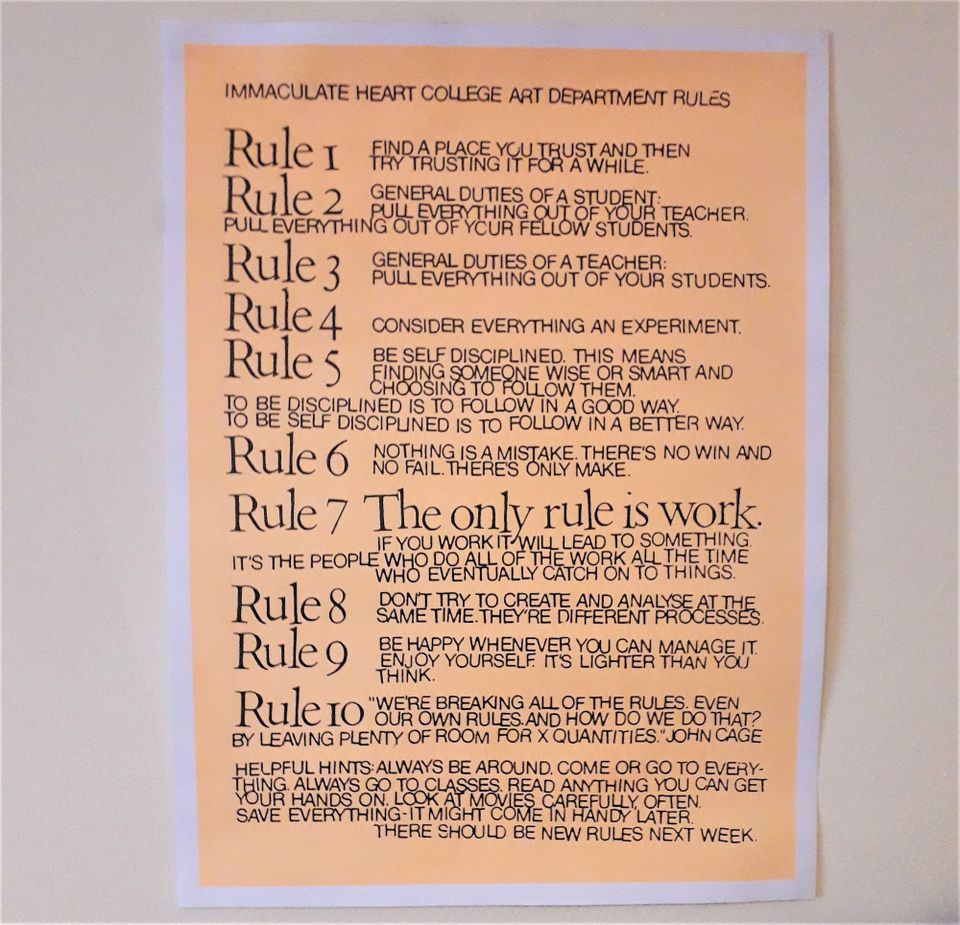
A few years ago I went to a Corita Kent retrospective and fell in love with her work.
Corita Kent was an artist, a teacher, a designer, an activist, and a nun. In Come Alive! The Spirited Art of Corita Kent Julie Ault describes Kent and her work:
Corita was charismatic and she was fearless. She spoke and acted with conviction and verve, exuding good energy as she beckoned people to graciously sidestep oppressive cultural conventions in favour of a celebrational (perhaps subversive) interrogation of society through creativity and everyday actions. Likewise her art was bold and aesthetically joyful in its offering of spiritual renewal, social critique, and political efficacy.
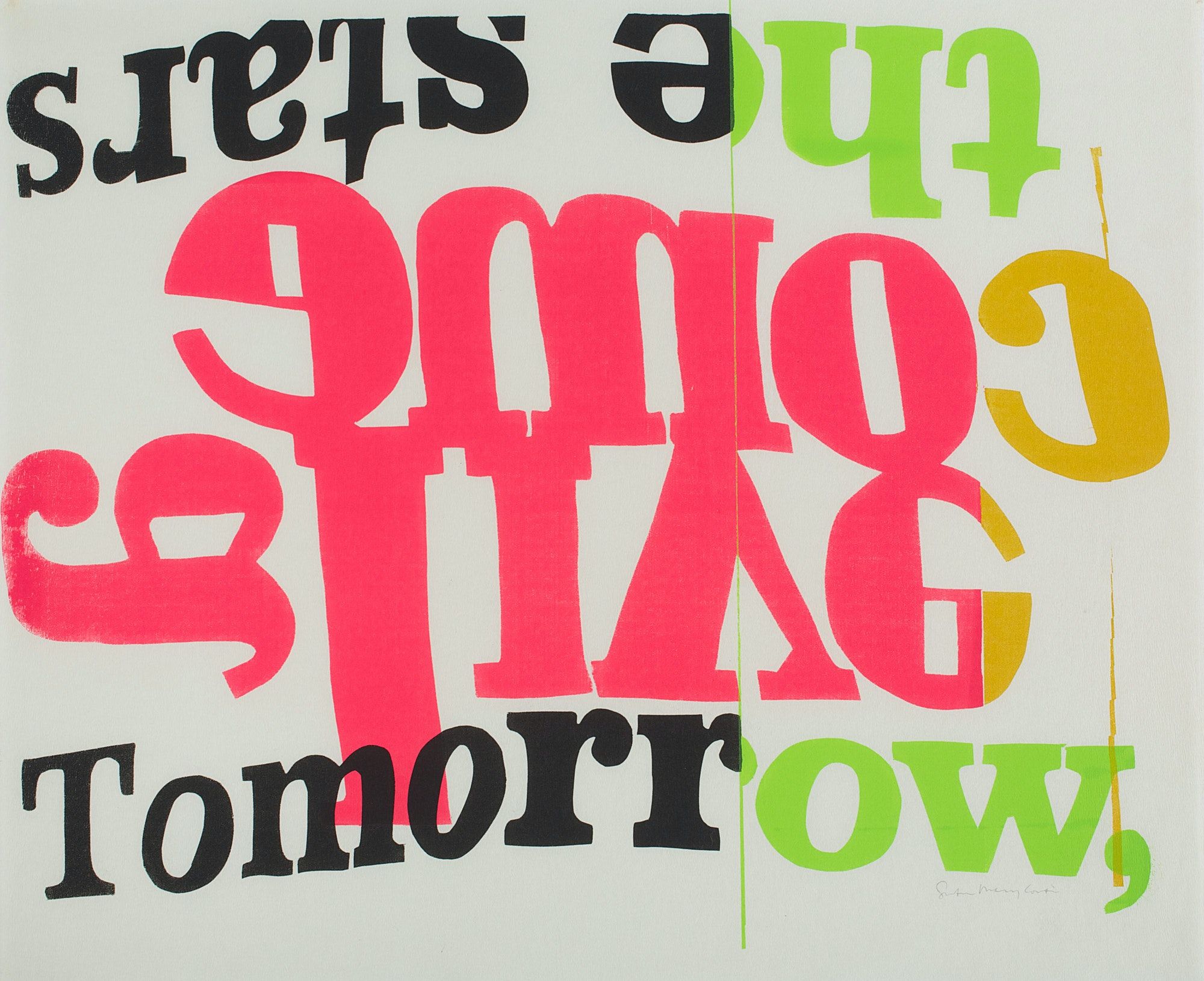
At the exhibition they were giving away copies of the 'rules' that Kent developed for the art department which she ran at Immaculate Heart College in the 1960s. I took a copy home and stuck it on my wall.
I put 'rules' in inverted commas because Kent has written into the document several places from which to unravel it. Halfway down the page, Rule 7 dismisses its neighbours by declaring that "the only rule is work". Rule 10 approvingly quotes John Cage talking about breaking your own rules, and Kent signs off by saying "There should be new rules next week." This playfulness and encouragement to challenge and question is at the heart of Kent's work as an artist and a teacher.
I see these unruly rules on my wall every day and I think about them a lot with reference to my own creative practice. I thought it might be useful to share them here, and how I use them.
Rule 1: Find a place you trust, and then try trusting it for a while.
For me this has meant trying lots of different things, both in my painting and writing, and when I find something - an approach, a form, or a method - that I enjoy, that flows easily, that feels safe to play with, I let myself stay with it for a while before rushing off to something else.
As a very basic example, a while back I got some colourful inks and made several paintings with pretty ink splodges. I found that I naturally began to explore around the edges of that central 'place'. Ink splodges on a light background, ink splodges with a black background, ink splodges with tight black hatched lines running over them... Soon enough I found myself in another 'place', and started looking around from there.
Rule 2: General duties of a student — pull everything out of your teacher; pull everything out of your fellow students.
Rule 3: General duties of a teacher — pull everything out of your students.
These two I feel reflect Kent's energetic approach to her work, and to her teaching. She described herself as "a big old taskmaster" and notes that her students would "complain lots" about all the assignments they had to do.
No doubt many welcomed the intensity of studying at Immaculate Heart College and were able to match it. But I have a strong resistance to the idea of "pulling everything out" of anyone. It's such an aggressive image. And if you pull everything out, what's left?
What I take from these is a reminder that in a learning community you can gently challenge or perhaps invite others to challenge themselves while you do the same.
Rule 4: Consider everything an experiment.
This is one of my favourites. Definitely goes for life in general and not just art. When you can let go of desiring a fixed outcome and enjoy the journey it's much easier to stay present in the moment and avoid that corrosive kind of worry which makes it difficult to make art, to sleep, to listen, and all kinds of other good things.
Rule 5: Be self-disciplined — this means finding someone wise or smart and choosing to follow them. To be disciplined is to follow in a good way. To be self-disciplined is to follow in a better way.
I don't think I understand the link Kent makes here between self discipline and following someone you admire (following their work, presumably, not actually following them around - don't do that).
What I take from this one is go and find people making things you like and try to find out how they're doing it.
Rule 6: Nothing is a mistake. There’s no win and no fail; there’s only make.
I love this one too. The only way I've found to make things I like is to let go of caring whether they're any good or not, at the drafting stage at least.
And I know it's corny, but I truly believe if you made something - anything - you win! It's hard to take bits of ourselves and put them on a page, even if we're the only one who ever sees them. Some people will never have the courage to do that.
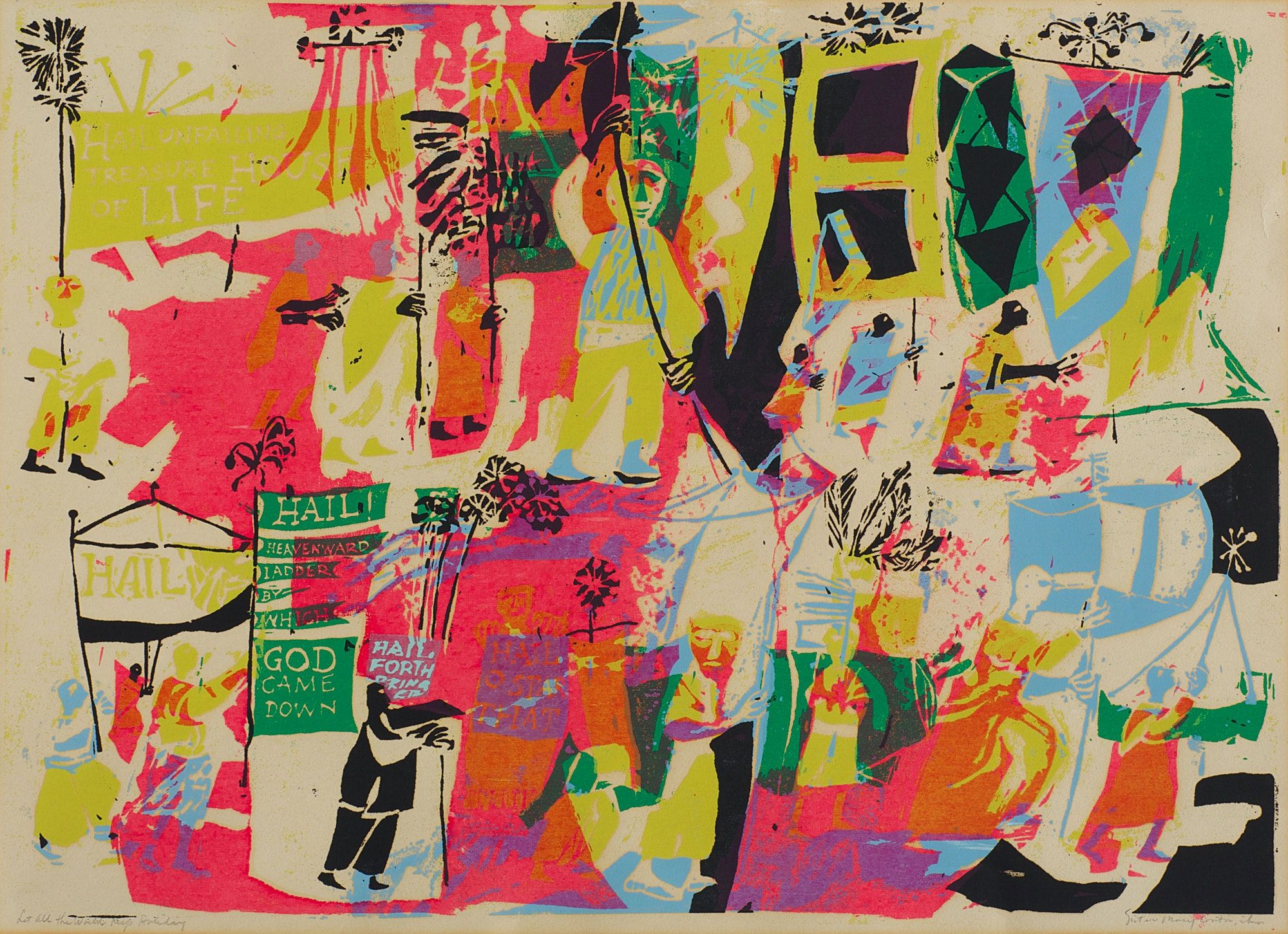
Rule 7: The only rule is work. If you work, it will lead to something. It’s the people who do all of the work all of the time who eventually catch on to things.
This one I read as saying that the most important thing, more important than reading craft books or taking classes or thinking about your work, is showing up and actually making stuff. Doing the work.
"People who do all of the work all of the time" I'm choosing to discard. In a way, Kent did too. A notorious "demon for work" she eventually resigned her teaching post, left the order, dropped her various other projects and embraced a slower pace of life which allowed her more time to create. She wrote:
Other people could see the pace at which I was going, which was really insane toward the end, and I don't think I quite realised it. I was young and healthy, and I said no to so many things that I thought I was saying no to as much as possible. But apparently I wasn't. So when I found out how simple life was staying with one person and making prints for a whole summer, it began to dawn on me what I had been doing, and I couldn't do it any more.
Same, Corita. Same.
Rule 8: Don’t try to create and analyze at the same time. They’re different processes.
Kent wasn't the first person to say this, and she wasn't even the first person to say it to me. I just happened to hear it this time, because I needed to, I think.
There are of course people who write a draft and edit it as they go along. Sometimes I do that a little myself. But whenever you switch tasks, even very rapidly, there's a mental cost. For me at least it involves an almost audible gear shift. It interrupts the flow of my thoughts. Sometimes they're not flowing that fast so it's no trouble. Other times it's a problem.
Rule 9: Be happy whenever you can manage it. Enjoy yourself. It’s lighter than you think.
Again, good advice for life and art. And easier said than done.
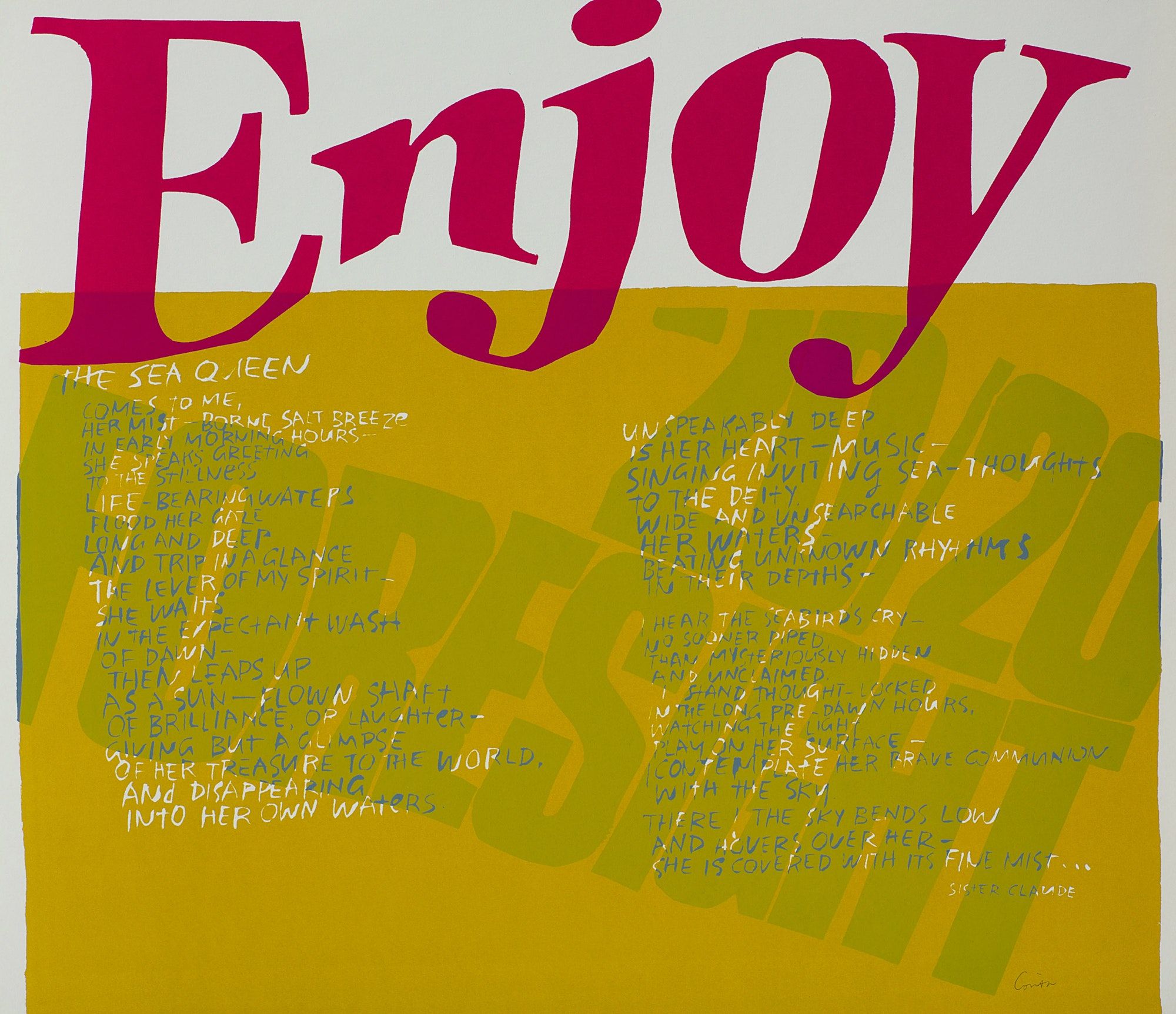
Rule 10: "We’re breaking all the rules. Even our own rules. And how do we do that? By leaving plenty of room for X quantities." - John Cage
A pleasing 'rule' which subverts its own form and content by using a comment rather than an instruction, and by encouraging us to break all the rules. Even our own. Even this one.
I love the idea of "leaving room for X quantities". What's my process? Oh this, and that, and then X. The space left for discovery.
Helpful hints: Always be around, come or go to everything. Always go to classes. Read anything you can get your hands on. Look at movies carefully, often. Save everything - it might come in handy later. There should be new rules next week.
Some of these are more helpful than others, in my view. "Always be around, come or go to everything. Always go to classes" recalls "People who do all of the work all of the time". Not always possible, not for everyone. Not for anyone, perhaps. So I interpret this as a call to avoid spending too much time in my head and to get out into the world, to go and find other people involved in similar work. Co-sign the rest, though.
Knowing a little about Corita Kent's life it's tempting to see these rules-which-aren't-rules as emblematic of her own conflict between the hierarchy and authority of her life in a religious order (and perhaps her role as a teacher), and her impulse towards creativity, freedom, and play. Trying to reconcile the conventional and unconventional, in the most literal sense.
In Kent's case the split feels extreme, but I suspect it's a challenge for all of us. And perhaps that's the trick: balancing the need for structured effort, self discipline, and regular habits with curiosity, discovery, and joy.
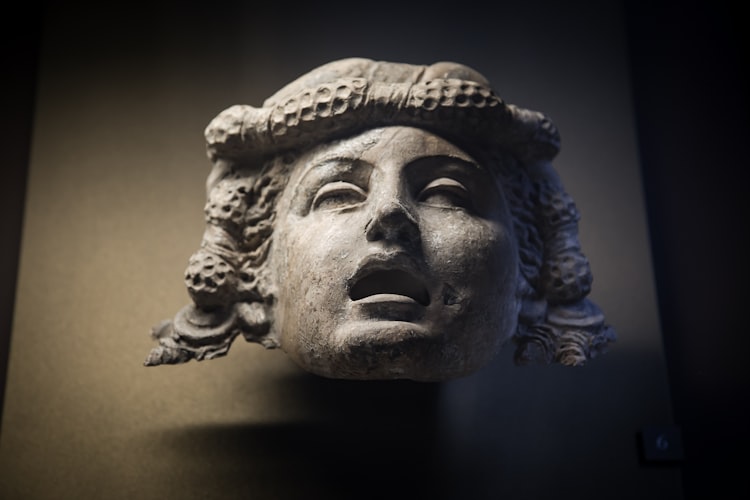


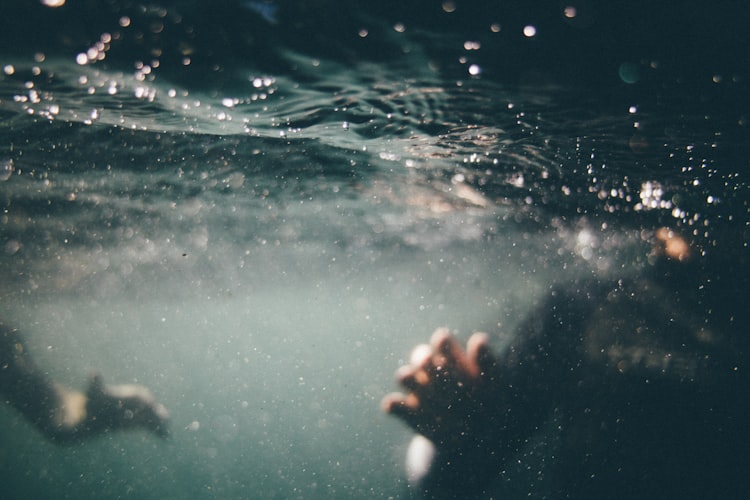
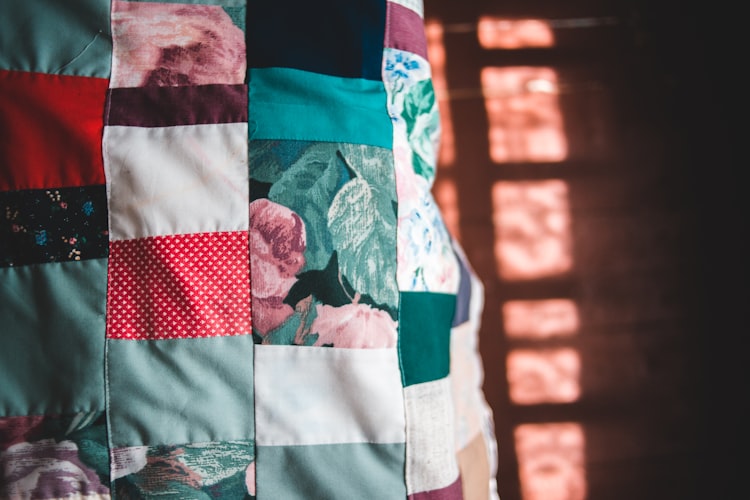
Member discussion